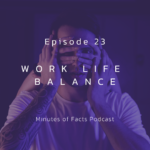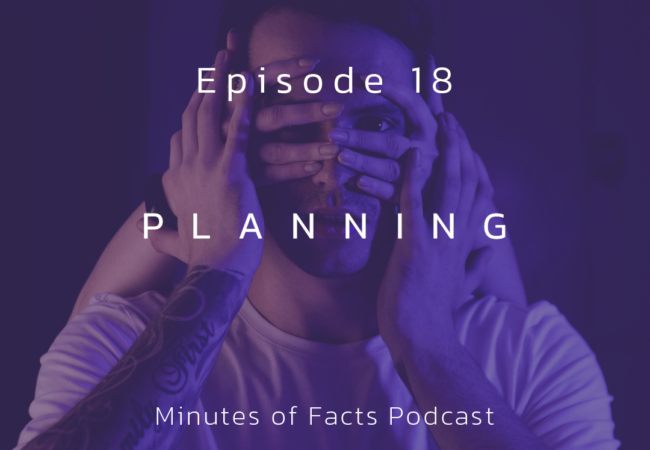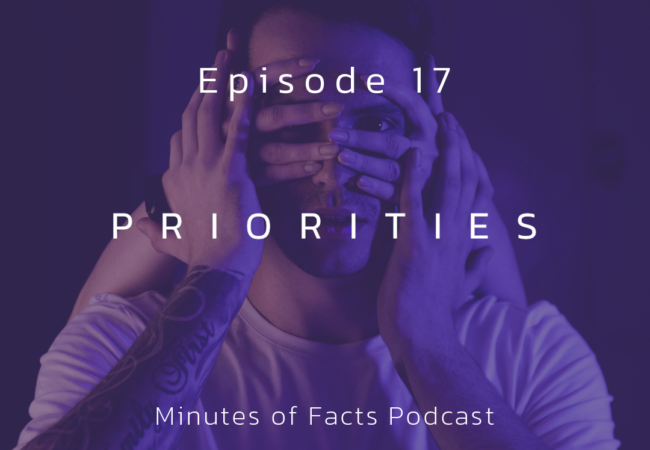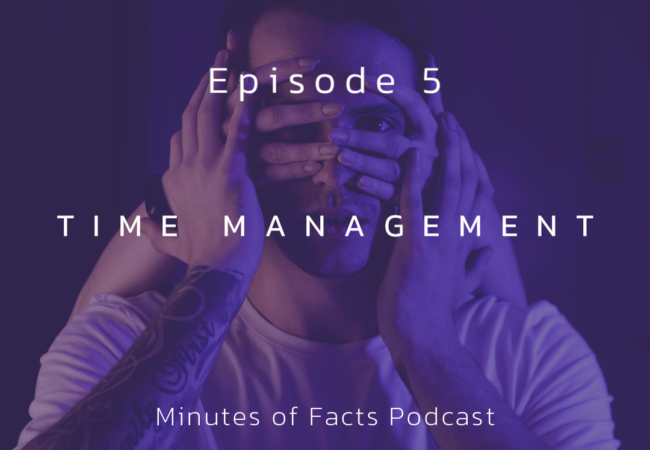

INTRO:
What is work life balance ? Why healthy work life balance matters? And how to improve it?
This is what we will talk about in this episode.
Welcome to minutes of facts podcast.
What is Work Life Balance?
Improving your work/life balance means taking a good hard look at how you’re spending your time, and making deliberate changes to prioritise what’s most important to you.
Working on improving your work/life balance is like pressing pause on the hamster wheel of life, and giving yourself permission to prioritise your wellbeing.
It means recognising that you’re not a robot and that your mental health matters just as much as your productivity.
When you make space for things outside of work — whether it’s catching up with friends, taking a yoga class, or even just spending ten minutes in silence with a cup of tea — you’re giving your mind the opportunity it needs to reset.
And that reset is what helps you show up for life, work included, in a way that feels more sustainable and enjoyable.
Why Healthy Work Life Balance matters?
Healthy work/life balance is essential because it’s the foundation for living a well-rounded and fulfilling life. When you strike the right balance, you’re able to meet the demands of your career while also making room for the relationships, activities, and personal needs that make life meaningful.
Balance means finding a rhythm that works for you, where you can give your energy and attention to what truly matters in all areas of your life. It’s about creating a life where you’re not just existing to meet deadlines or tick off to-do lists, but genuinely thriving.
Improving your work/life balance allows your mind to rest and reset, which is crucial for emotional resilience. It creates room for the things that bring you happiness and reduce stress, like spending time with loved ones, engaging in hobbies, or simply relaxing without an agenda.
When you make a conscious effort to prioritise balance, you’re not just improving your day-to-day experience — you’re also safeguarding your mental health for the long term. You’re giving yourself the chance to approach challenges with a clearer head, which helps you make decisions more effectively and handle stress in healthier ways.
How to improve your work life balance?
- Set clear boundaries between work and personal time: That means defining when your workday begins and ends — and sticking to it. If you’re always available for work, you risk letting it creep into every corner of your life, leaving very little room for rest or enjoyment. This ensures you have time to switch off mentally and physically, allowing you to recharge. Do this by setting specific working hours and communicating them to colleagues and clients.
- Prioritise your time: time is your most valuable resource, and when it’s wasted you can’t get it back, so spend it on what matters most to you. Prioritising means identifying your top priorities — both at work and in life — and focusing your energy on those, which prevents you from getting bogged down in less important tasks so you can make meaningful progress where it counts.
- Don’t overcommit: overcommitting, whether it’s taking on extra tasks at work or agreeing to every social invitation, leaves you with very little time for yourself… so don’t do it. It can feel uncomfortable at first, especially if you’re a people-pleaser, but saying ‘no’ helps you protect your time and energy.
- Make time for meaningful relationships: your relationships are a vital part of your wellbeing, but they can easily fall by the wayside when work takes over. Prioritising time for loved ones strengthens connections and creates a support network that helps you navigate life’s challenges, and it serves to remind you of what truly matters and provides a sense of belonging.
- Prioritise your self-care: self-care isn’t selfish; it’s necessary… and your needs are just as important as your responsibilities. Making your self-care a high priority is crucial for maintaining balance and protecting your mental health. It’s about intentionally making time for activities that recharge you — whether that’s exercise, hobbies, or simply moments of quiet reflection.
- Limit distractions: distractions can eat up your time and make it harder to maintain balance; limiting them helps you stay focused, get tasks done more efficiently, and free up time for other priorities. Identify your biggest distractions — like social media, constant notifications, or a cluttered workspace — and find ways to minimize them.
- Embrace the power of ‘good enough’: perfectionism is the enemy of balance, because the pursuit of perfection often leads to overworking and unnecessary stress; on the other hand, accepting ‘good enough’ allows you to focus on what truly matters.
- Have a ‘shutdown ritual’: which simply means symbolically ending your workday, something that signals to your brain that it’s time to shift from work mode to personal time… even if your workspace is just a corner of your home! Create a small, consistent routine for yourself —like shutting down your computer, tidying your desk, and writing a quick note about tomorrow’s priorities.
- Use your paid time off wisely: your annual leave is there for a reason… so use it! Taking time off is crucial for recharging and preventing burnout, because it gives you the opportunity to step away from work and focus on rest, travel, or simply spending time with loved ones.
- Cultivate joy in the everyday: one of the most overlooked aspects of work/life balance is finding joy in the small moments. Balance isn’t just about the big stuff; it’s about appreciating the little things that make life worthwhile. This is about shifting your focus from ‘getting through the day’ to truly experiencing it.
OUTRO:
Thank you for time and support. Join our community on IG for daily content and real exchange.
STAY SAFE AND HEALTHY.
TALK TO YOU NEXT TIME!








